Category Archive for "HIV/AIDS and Desease Surveillance"

Integrated Bio-behavioral surveillance and population size estimation survey among Female Sex Workers in Tbilisi and Batumi, Georgia, in 2024
We’re excited to announce the completion of a significant study conducted in 2024 that estimates HIV-related risk behaviors and HIV and syphilis prevalence among female sex workers (FSWs) in Tbilisi and Batumi, Georgia.
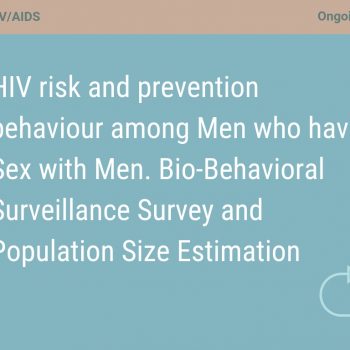
Project: HIV risk behavior among Men who have Sex with Men – Bio-Behavioral Surveillance Survey and Population Size Estimation
The project aims to generate reliable information about MSM population size and define the population HIV and Hepatitis C risk behaviour. The results of the study will be used to assess the national response to HIV/AIDS and to plan the adequate national program.
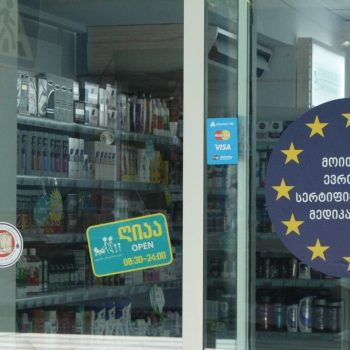
Big Pharma Greed and Artificial Prices – Knocking on Door to Limit Access to HIV Medicines in Georgia
They produce medicines that can save lives and at the same time artificially restrict access to these drugs for financially deprived people and for countries that fall outside their commercial interests.
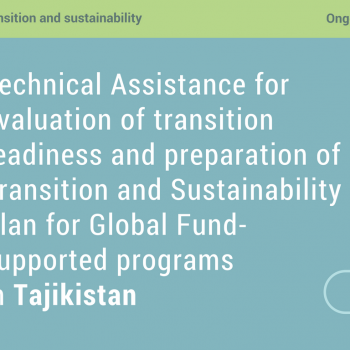
Technical Assistance for evaluation of transition readiness and preparation of Transition and Sustainability Plan for Global Fund-supported programs in Tajikistan
In June 2018 CIF initiated a new project with the financial support of The Global Fund. The overall goal of the CIF assignment is to support the Country Coordination Mechanism of Tajikistan (CCM) in assessing country preparedness for Transition and developing the Transition and Sustainability Plan based on this assessment and key steps identified.
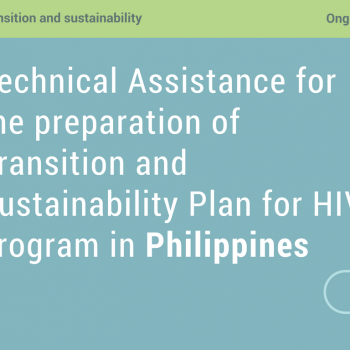
Technical Assistance for the preparation of Transition and Sustainability Plan for HIV program in Philippines
Since May 2018 Curatio International Foundation implements a technical assistance for the Philippines to prepare Transition and Sustainability Plan for HIV program. The overall goal of the given assignment is to support the Department of Health and the Philippine National AIDS Council to develop the Transition and Financial Sustainability Plan based on the evaluation of remaining steps required to strengthen transition preparedness. The project is fulfilled in June 2018.
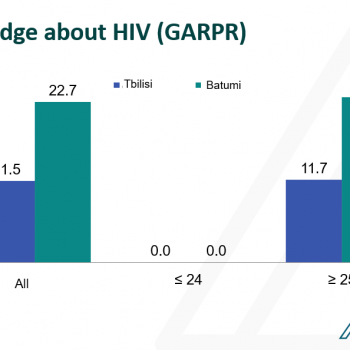
Integrated Bio-behavioral surveillance and population size estimation survey among Female Sex Workers in Tbilisi and Batumi, Georgia
This study represents the subsequent wave of BBS surveys undertaken among FSWs since 2002. The current study was conducted in 2017 using the Time-Location Sampling technique and 350 FSWs was recruited in total in two survey locations – 200 in Tbilisi and 150 – in Batumi.
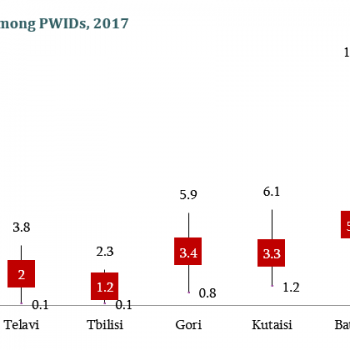
The Interview on population size and Human Immunodeficiency Virus risk behaviors of People who Inject Drugs in Georgia
The interview is based on the latest wave of the integrated Bio- behavioral surveillance survey conducted People Who Inject drugs (PWID) in 7 cities of Georgia. The research aims to mesure the prevalence of Human Immunodeficiency Virus (HIV) and Hepatitis C virus (HCV) among PWID, define key risk behaviors related to HIV and generate evidence for advocacy and policy development.
Population Size Estimation of People who Inject Drugs in Georgia 2016-2017
This study estimated the size of People Who Inject Drugs using different estimation methods to provide the most plausible estimates. The study was carried out in conjunction with the Bio Behavioral Surveillance Survey among injecting drug users.
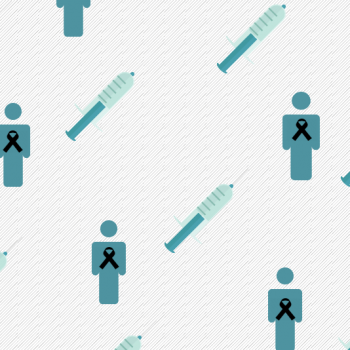
HIV risk and prevention behaviors among People Who Inject Drugs in seven cities of Georgia, 2017
Current study represents the latest 7th wave of Bio-Behavioral Surveillance Surveys among People Who Inject Drugs. Objective of the study was to measure prevalence of HIV and Hepatitis C among PWID, provide measurements of key risk behaviors and generate evidence for advocacy and policy-making.
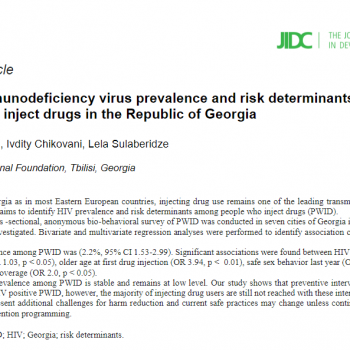
Article: Human immunodeficiency virus prevalence and risk determinants among people who inject drugs in the Republic of Georgia
Significant associations were found between HIV positivity and history of drug injection, older age at first drug injection, safe sex behavior last year and preventive program coverage. HIV prevalence among PWID is stable and remains at low level.
